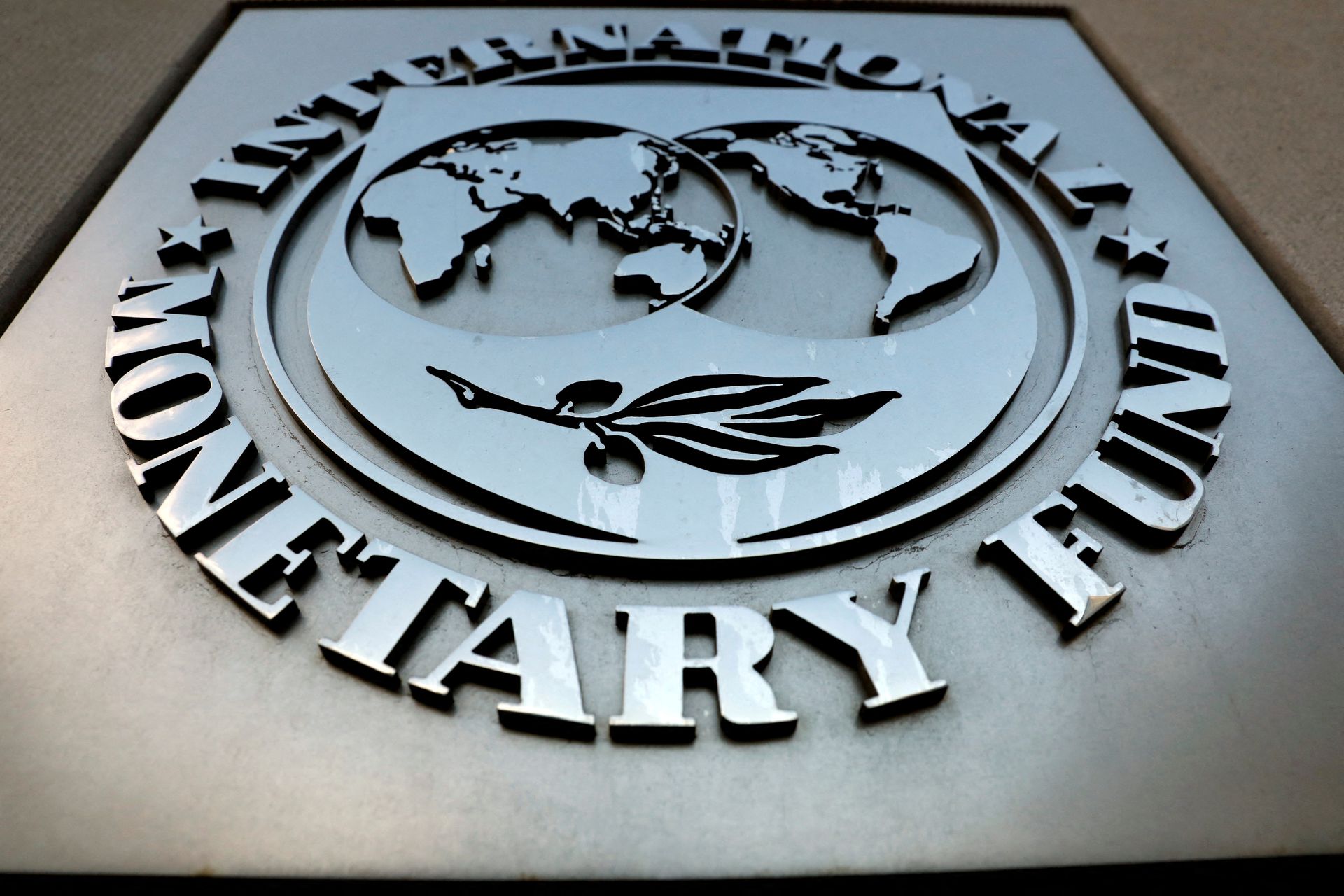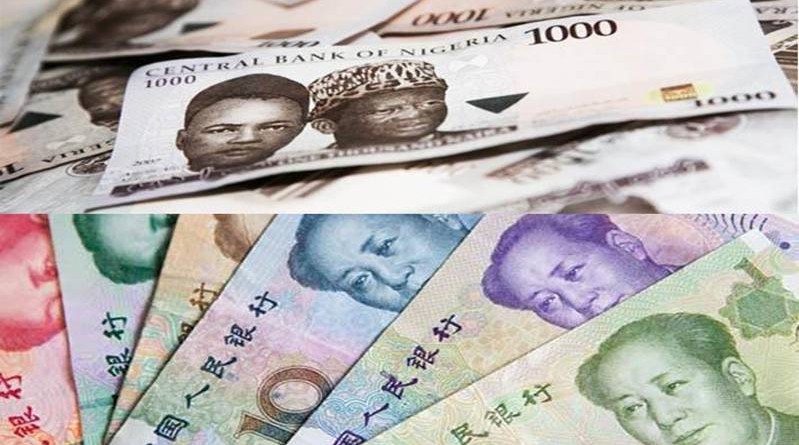There are concerns that Kenya’s president, William Ruto, may have to back down from a financial law due to violent turmoil, casting doubt on the country’s ability to meet IMF targets, and perhaps raising borrowing costs.
Unpopular taxes on bread, sugar, vegetable oil, mobile money transfers, and some imports were included in the law.
Although the IMF did not respond right away when asked if it would change Kenya’s necessary goals, Neville Z. Mandimika of Morgan Stanley stated in a note that the original plan was to generate additional revenue of 346 billion Kenyan shillings ($2.68 billion), or 3% of GDP. Its withdrawal “will likely result in Kenya missing the 4.7% fiscal deficit target this year and 3.5% target next year as per the IMF programme,” he said.
“Our main goal in supporting Kenya is to help it overcome the difficult economic challenges it faces and improve its economic prospects and the well-being of its people,” IMF spokesperson Julie Kozack said in a statement.
Kenya signed on for additional financing to help climate change initiatives in May 2023, bringing its total IMF loan access to $3.6 billion. Kenya had already agreed to a four-year loan with the IMF in 2021. Before releasing finance tranches, the IMF mandates periodic evaluations of reforms, in Kenya’s instance every six months.
Before President William Ruto abandoned the tax bill on Wednesday, Kenya and the IMF reached a staff-level agreement earlier this month on a seventh assessment, with a warning of potential revenue shortfalls. The study theoretically cleared the way for $976 million, but it failed to obtain important IMF board approval.
“There isn’t a great deal of room to manoeuvre unless you start doing much more thorough reviews” of spending, said Giulia Pelligrini, senior portfolio manager with Allianz Global Investors, of what Kenya can do to meet targets. “So it’s going to be difficult.”
She continued by saying that the anticipated conclusion will be a combination of government budget cuts and IMF flexibility on program aims.
Following Ruto’s reversal, Kenya’s sovereign dollar bonds declined. According to Morgan Stanley, Kenya had less access to foreign bonds now that eurobond yields were back above 10%, which would force them to borrow more money domestically.
“The next catalyst for spreads would be statements from the IMF on how the programme will be recalibrated to reflect this new reality,” Mandimika wrote.



































